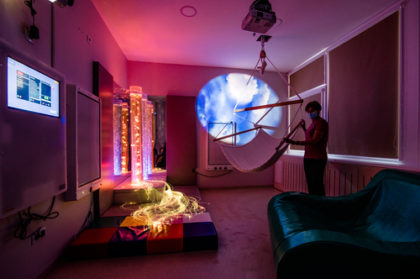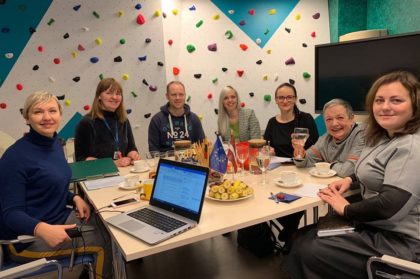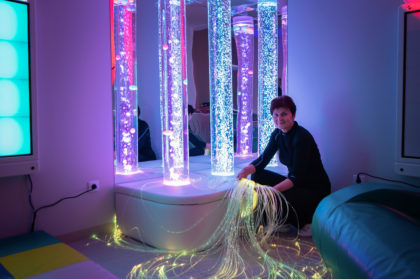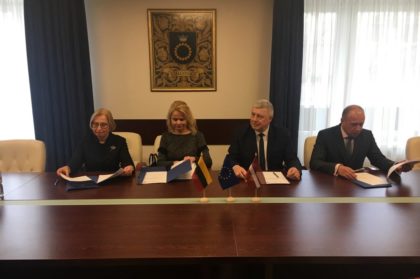During the project consortium of four institutions successfully created and integrated an innovative holistic, evidence-based Sensory integration therapy for children and adults who suffer from sensory processing difficulties. All project partners have expanded their regular services adding modern therapy, which will be provided free of charge for children and adults with mental and behavioural disorders (project target group).
Palanga Health Care Centre developed the Methodology for the Treatment of Mental and Behavioural Disorders Using Sensory integration therapy for Children and Adults in the Latvian and Lithuanian languages (https://www.palangospoliklinika.lt/projektai-2/). The Methodology is dedicated for social and medical rehabilitation professionals (i.e. occupational therapists, physiotherapists, speech therapists, psychiatrists, psychologists, social workers, etc.) who are working with patients who suffer from psychiatric and behavioural disorders.
Palanga Health Care Centre adopted and applied the new RehaCom cognitive therapy in order to enhance the results of the Sensory integration. The RehaCom cognitive therapy is provided for patients who need cognitive trainings. RehaCom help patients with their attention and concentration, in their performance of various memory and planning tasks, help with visual field issues and much more. RehaCom is used at a very acute stage of stroke recovery – and remains relevant through all stages of stroke recovery. It is also an excellent tool to help with aspects of Visual Neglect.
Seaside Hospital (Liepāja) developed the Neurosensorimotor Assessment Instrument in accordance with neuropsychological symptoms for applying of Sensory integration. The Instrument has been designed to test and understand the neurosensorimotor disorders of an individual with a psychiatric diagnosis of psychiatric and behavioural disorders, to plan and perform a neurosensorimotor intervention, and to assess the outcome of this intervention. Neurosensorimotor intervention is holistic intervention which has significant influence on sensory modulation, reflex integration and balance and has positive changes in human functioning. This specific instrument is integral part of the Methodology for the Treatment of Mental and Behavioral Disorders Using Sensory Integration therapy for Children and Adults.
All project partners in total equipped six sensory integration rooms and one outdoor therapy playground (Seaside Hospital, Liepāja).
111 specialists from project partner’s organisations have been trained. They improved their competencies in the basics of neuropsychology and working with newly created Methodology and Instrument in the sensory integration rooms.
595 patients were tested according to newly developed Methodology and Instrument in the newly created sensory integration rooms.
The material created during the project for download:
PSICHIKOS IR ELGESIO SUTRIKIMŲ GYDYMO TAIKANT SENSORINĖS INTEGRACIJOS METODUS METODIKA (APRAŠAS) VAIKAMS IR SUAUGUSIEMS
PSIHISKU UN UZVEDĪBAS TRAUCĒJUMU ĀRSTĒŠANAS METODIKA (APRAKSTS) BĒRNIEM UN PIEAUGUŠAJIEM, PIEMĒROJOT SENSORĀS INTEGRĀCIJAS METODES
NEUROSENSOMOTORIKOS VERTINIMO INSTRUMENTAS
SENSORO TRAUCĒJUMU SIMPTOMĀTIKAS VĒRTĒŠANAS INSTRUMENTS
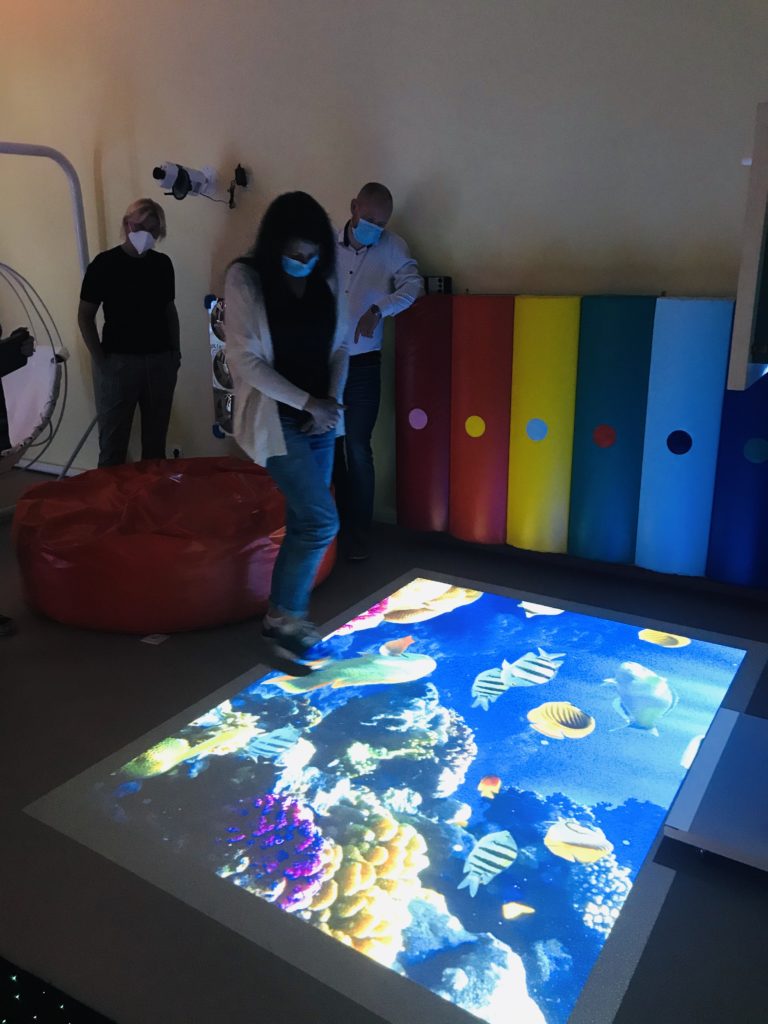
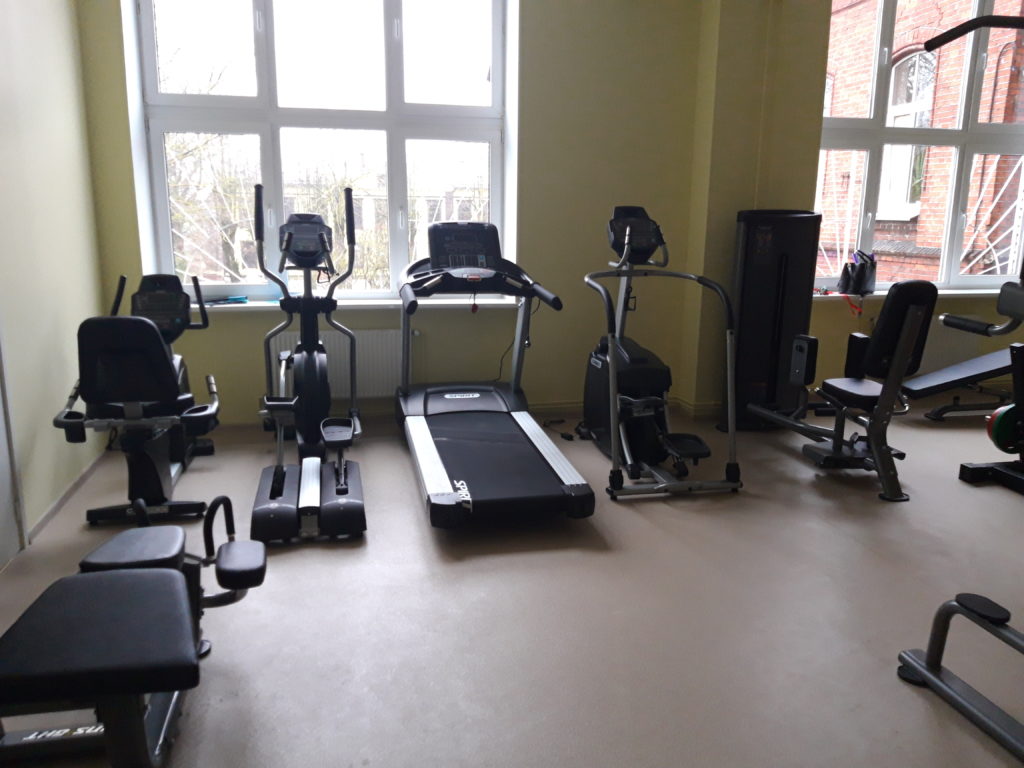
Sensory integration rooms in State Social Care Center “Kurzeme”( Liepāja)
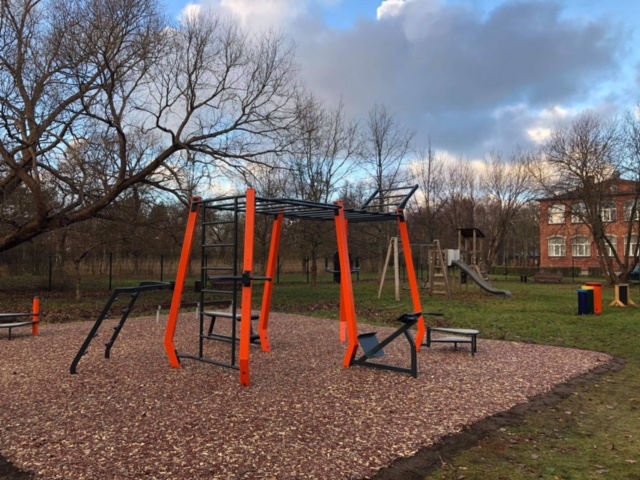
Outdoor therapy playground in Seaside Hospital (Liepāja)
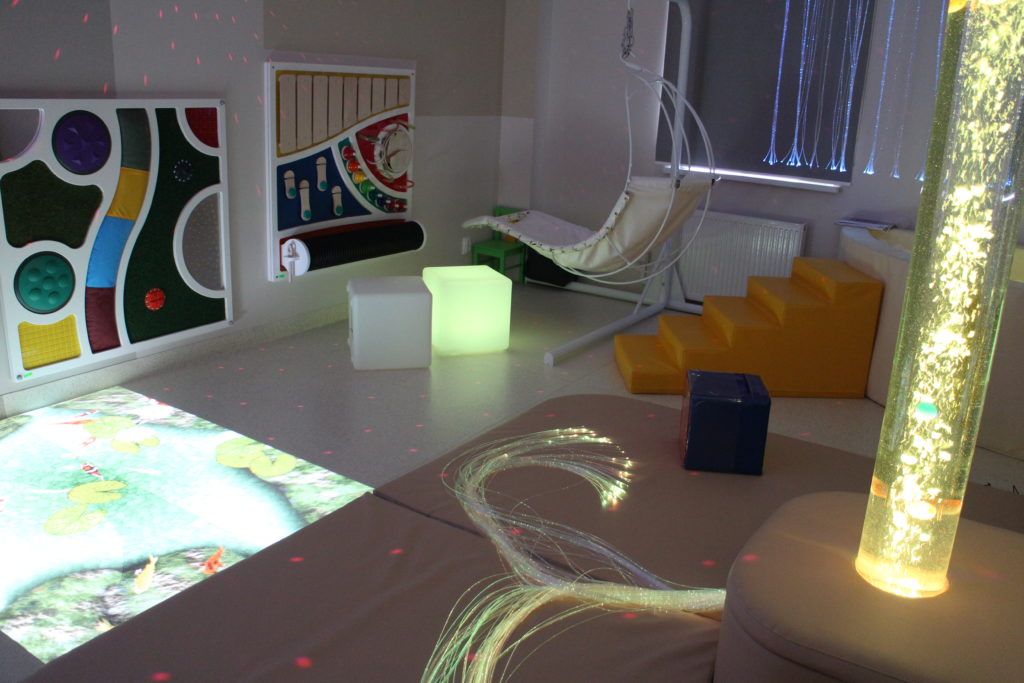
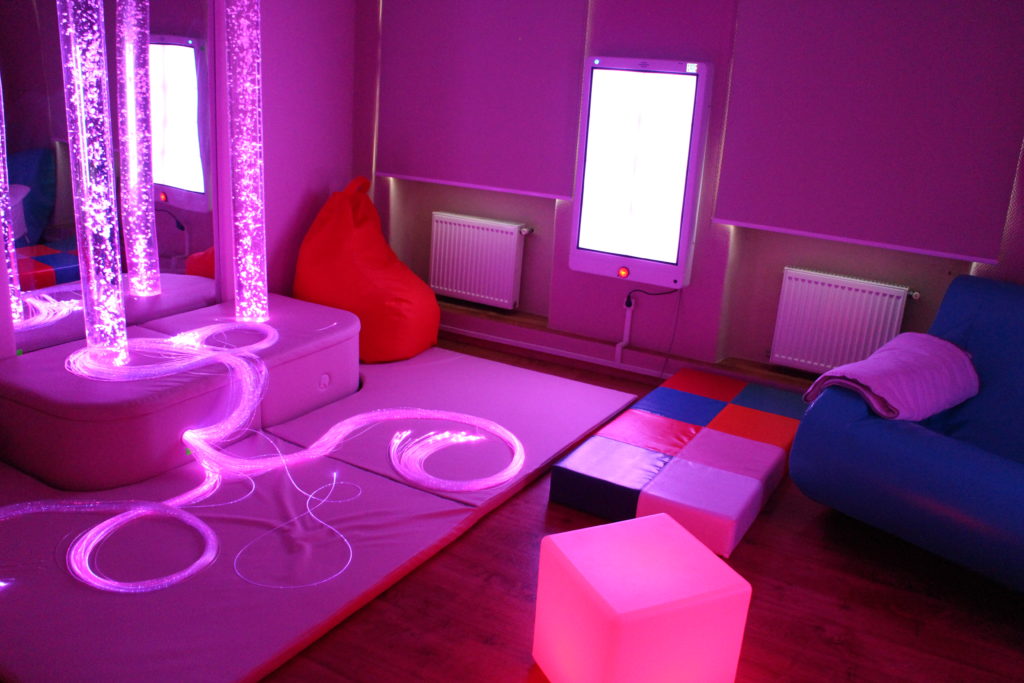
Sensory integration rooms in Seaside Hospital (Liepāja)
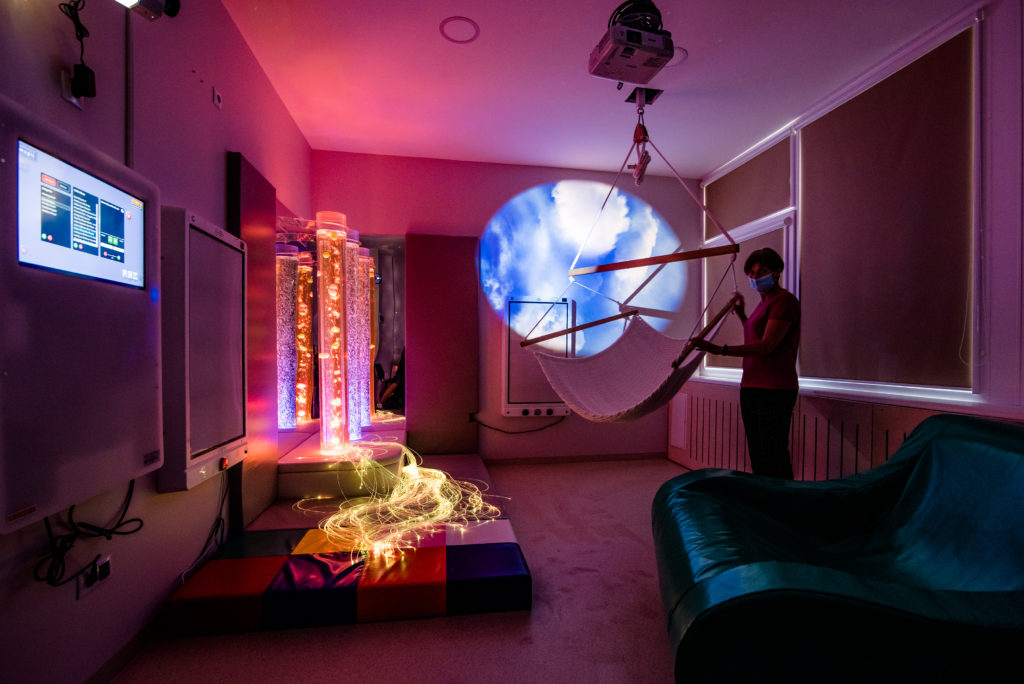
Sensory integration room in Palanga Heath Care Centre (Palanga)
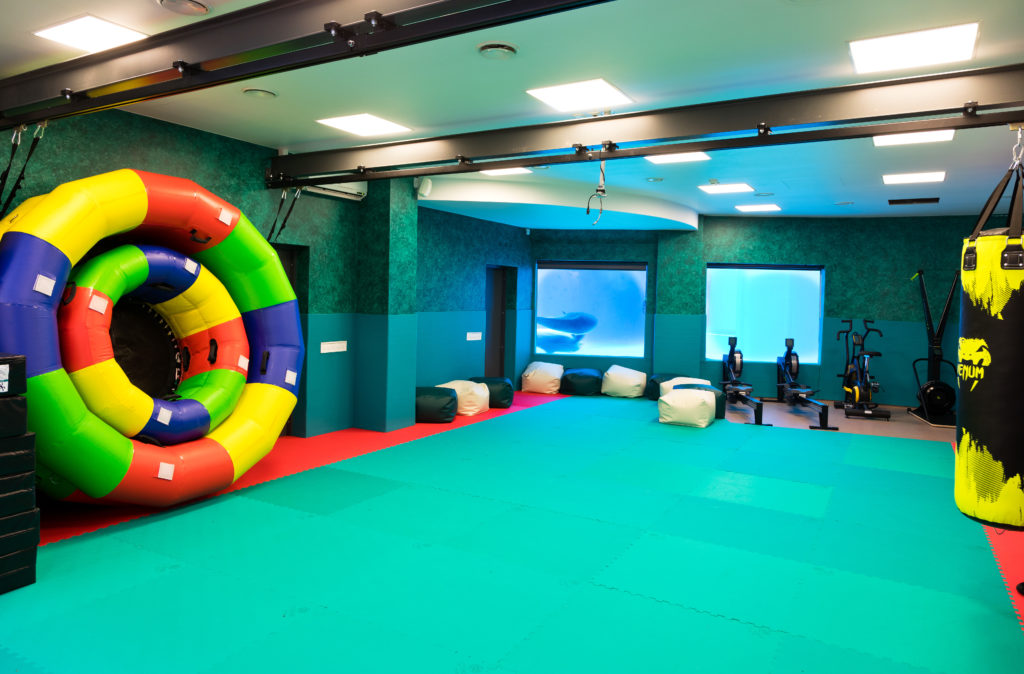
Sensory integration room in Lithuanian Sea Museum (Klaipėda)




